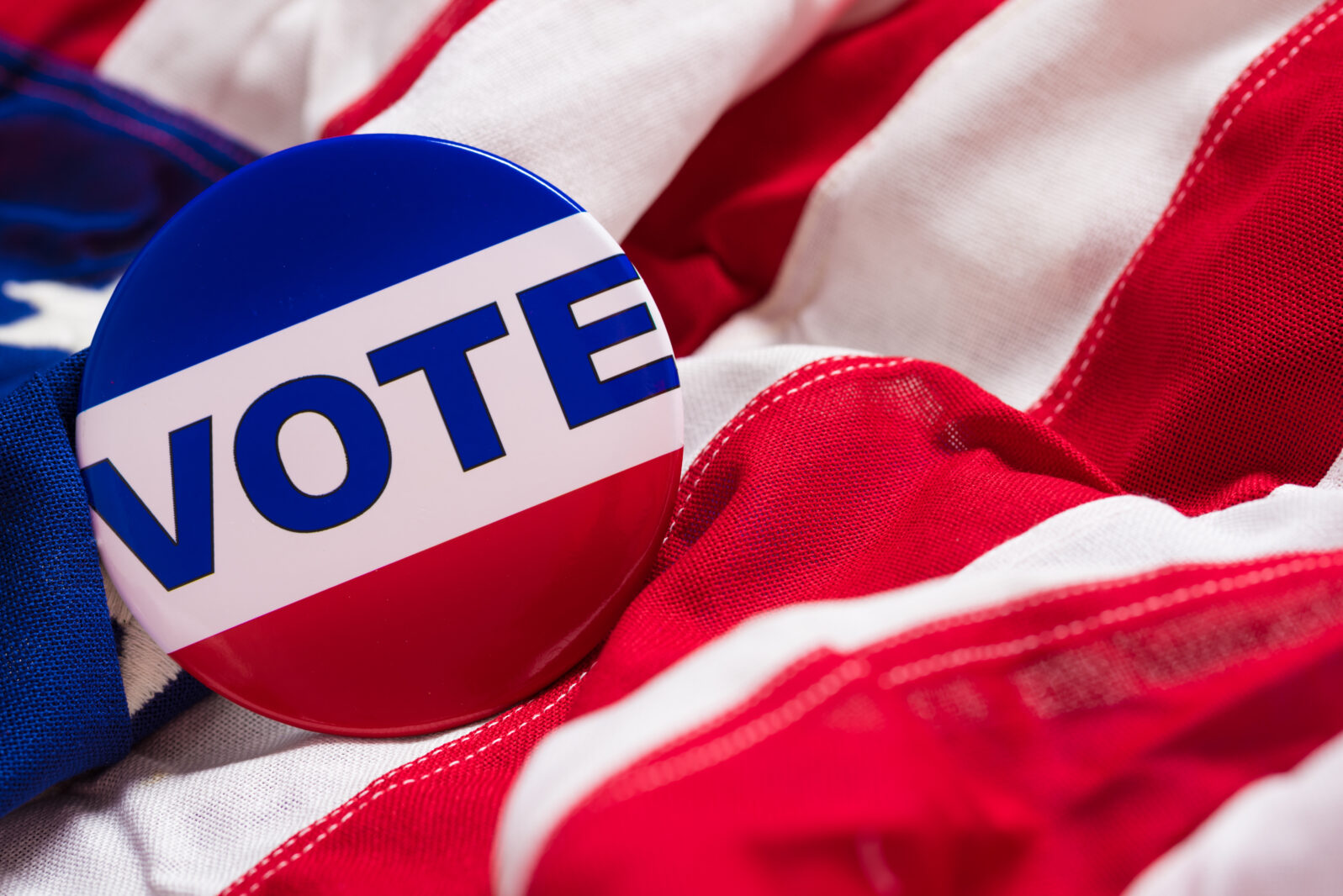Can a Pill Change Your Mind About Basic Issues in Life?
The legalization of mind-altering drugs raises the question in the research communityAn Oxford researcher into psychedelics thinks so. Eddie Jacobs offers a disturbing premise, “What if a pill can change your politics or religious beliefs?” The background is that some jurisdictions are contemplating licencing the otherwise illegal psychedelic psilocybin (“magic mushrooms”) in the near future as a treatment for depression. He writes,
How would you feel about a new therapy for your chronic pain, which—although far more effective than any available alternative—might also change your religious beliefs? Or a treatment for lymphoma that brings one in three patients into remission, but also made them more likely to vote for your least preferred political party?
Eddie Jacobs, “What if a Pill Can Change Your Politics or Religious Beliefs?” at Scientific American (October 11, 2020)
Citing three studies, Jacobs argues that the relationship between magic mushrooms and liberal values is “causal,” meaning that the hallucinogen literally causes liberal values:
Scientific reports associating psychedelic use and liberal values stretch back as far as 1971, and although these findings have been replicated more recently, a noncausal explanation is readily available. Those with conservative attitudes tend to look more disapprovingly on illicit drug use, making them less likely than liberals to try a psychedelic drug in the first place.
However, emerging evidence suggests the relationship could be causal, with clinically administered psilocybin actively shifting political values, just as it shifts many other nonclinical characteristics. Notably, one study of psilocybin for treatment-resistant depression reported that the treatment decreased authoritarian political views in patients. That clinical trial also detected another effect that had previously been reported in healthy participants: psilocybin use leads to increases in the personality domain of openness, itself a predictor of liberal values.
Eddie Jacobs, “What if a Pill Can Change Your Politics or Religious Beliefs?” at Scientific American (October 11, 2020)
Readers who remain skeptical may wonder how religious and political values— so often rooted in decades of history, family history, and personal experience—could really be overturned by a mere trip.

Some researchers have wondered about that too. In a response op-ed, Johns Hopkins psychedelic researchers Matthew W. Johnson and David B. Yaden replied to Jacobs, “there is no evidence that people change political or religious affiliations from psychedelic treatments, and current evidence for other kinds of belief changes is weak.”
They address the three studies Jacobs cites:
The concern about political beliefs largely rests on evidence from a small pilot study of psilocybin for treating depression. The study showed an average reduction on a measure of “authoritarianism” from baseline to one week after psilocybin in seven people. Authoritarianism, as it is operationalized here using five questions that were reduced from the original version of the scale, likely does not fit neatly into a particular political party. Many people, for example, would likely disagree with the scale item “The law should always be obeyed, even if a particular law is wrong,” regardless of political affiliation.
Matthew W. Johnson, David B. Yaden, “There’s No Good Evidence That Psychedelics Can Change Your Politics or Religion” at Scientific American (November 5, 2020)
So there may well have been a temporary reduction in “authoritarianism” in this small sample but, as Johnson and Yaden go on to point out, authoritarianism can exist (or not) across the political spectrum. By itself, it probably does not signify a change in affiliation.
The second study Jacobs cites points, oddly enough, in the opposite direction from his claim:
Jacobs’ piece alluded to another study about political beliefs, a 1971 study exploring the association between LSD increased liberalism. This study compared three groups: 1) people who had taken LSD as a medical treatment, 2) people who had taken LSD on their own, and 3) people who had not used LSD. Only those who had taken LSD on their own indicated more support for policies like “individual freedom” and “foreign policy liberalism” compared to those who had not taken LSD.
It is possible that those who were willing to take LSD outside of medical treatment may have already been more influenced by the liberal hippie movement that encouraged these beliefs at that time (Jacobs notes that this is correlational and not causal data). Importantly, no differences were found in this study between the political beliefs of those who received LSD under medical treatment compared to those who did not take LSD. Therefore, this study actually suggests that medical psychedelic treatments do not alter political beliefs!
Matthew W. Johnson, David B. Yaden, “There’s No Good Evidence That Psychedelics Can Change Your Politics or Religion” at Scientific American (November 5, 2020)
The reasonable conclusion is that those who had taken LSD on their own were already experimenting with alternative lifestyles and attitudes. By contrast, the medical users were simply seeking relief from a distressing condition, not realignment of their lives—thus they did not experience any realignment of their lives.
The third study, which focused on religious beliefs, was done by Johnson and Yaden’s own research group at Johns Hopkins. Here, Johnson and Yaden believe that their research has not been accurately represented:
This survey specifically recruited individuals who had a “God encounter experience” after taking a psychedelic outside of a research context. Before having such an experience during their psychedelic session, 21 percent retrospectively identified as atheist, whereas only 8 percent did after the experience. This decrease was accompanied by a decrease in identification with major religions, alongside increases in spiritual types of self-identification.
Matthew W. Johnson, David B. Yaden, “There’s No Good Evidence That Psychedelics Can Change Your Politics or Religion” at Scientific American (November 5, 2020)
Of course, as Johnson and Yaden point out, that was a highly self-selected sample and probably does not represent the vast public that does not use mind-altering recreational drugs.
They end by observing that, while psychedelics can produce documented personality change toward more openness, so can a number of psychotherapeutic interventions. The mushroom isn’t magic after all. They conclude,
Lastly, the correlation between openness to experience and liberal political views is small, accounting for only around 2 percent of the relationship between the two variables. In other words, the pathway from psychedelics through openness to experience to political belief change is, for all practical purposes, negligible.
Matthew W. Johnson, David B. Yaden, “There’s No Good Evidence That Psychedelics Can Change Your Politics or Religion” at Scientific American
Incidentally, Johnson doesn’t recall any instances among the hundreds of participants in studies of psilocybin changing their political or religious beliefs.
So why did Scientific American publish such a poorly sourced op-ed as the first one? Why might many people believe such things? Perhaps some aspire to the certainty of a world in which they can simply control the minds of others by a simple formula. But that’s not the world we live in.
You may also enjoy:
Do we really have free will? Four things to know
and
Your mind vs. your brain: Ten things to know
